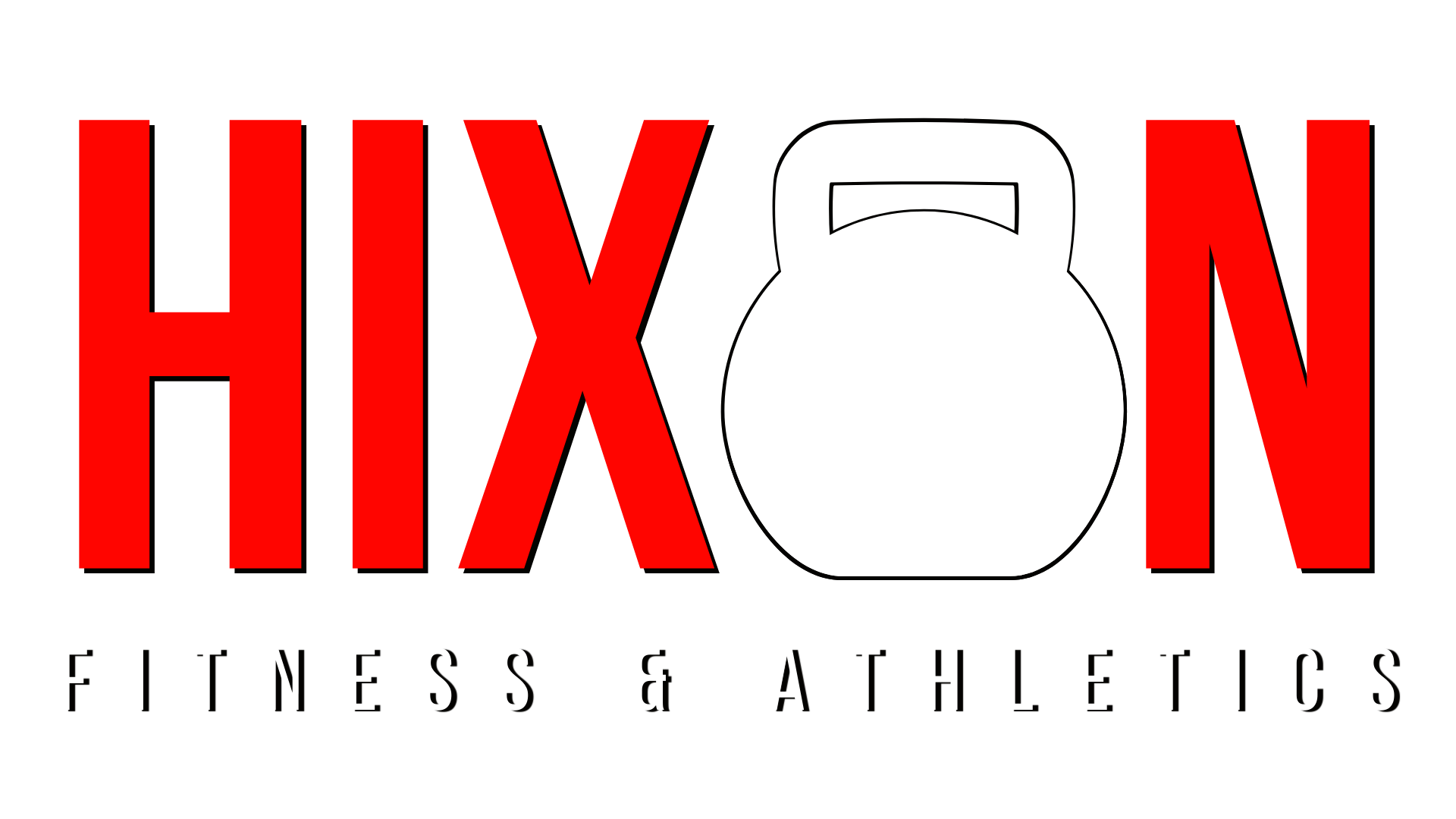The Power of Recovery
In today’s high-performance culture, busy professionals often prioritize hustle over health. Between demanding careers, family obligations, and digital distractions, the idea of “rest” can feel like a luxury. But in reality, recovery is not a pause from progress, it’s a critical driver of it. Within the framework of holistic wellness, recovery practices like sleep, proper nutrition, rest, and recreation are foundational pillars that directly enhance health, performance, and overall well-being.
Why Recovery Matters
Recovery is the phase where the body and mind repair, rebuild, and strengthen. Without it, our systems operate in overdrive, compromising immunity, cognitive function, emotional balance, and long-term productivity. For busy professionals, this can mean increased burnout, poor decision-making, and plateaued performance.
Let’s break down how each key recovery element impacts wellness:
🛌 Sleep: The Master Regenerator
Sleep is perhaps the most potent recovery tool available. According to the CDC, adults need at least 7 hours of quality sleep per night, but nearly 35% of professionals report getting less than that. Poor sleep is linked to higher risks of heart disease, obesity, depression, and reduced cognitive performance.
Research published in Nature Reviews Neuroscience shows that adequate sleep enhances memory consolidation, emotional regulation, and immune defense, key for busy professionals navigating high-stakes environments.
🥗 Proper Nutrition: Recovery Starts on Your Plate
Nutrition isn’t just about energy, it’s about repair. Proteins rebuild muscle, fats support hormone balance, and micronutrients power cell regeneration. Studies have shown that diets rich in antioxidants, healthy fats, and adequate protein improve tissue recovery, cognitive performance, and stress resilience.
For example, omega-3s have been shown to reduce inflammation and support brain health, while magnesium, often depleted in stressed individuals—improves sleep quality and muscle recovery.
🧘♂️ Rest: Not Laziness, But Strategic Downtime
Rest includes active and passive moments away from stressors. This could be light movement on non-training days, meditation, or simply taking a break from the mental grind. According to the American Psychological Association, chronic stress impairs immune response and increases the risk of anxiety and depression, yet regular rest can mitigate these effects.
Deliberate rest boosts mood, focus, and decision-making. For professionals, that could be the difference between productive problem-solving and reactive burnout.
🎯 Recreation: Play Is a Performance Tool
Recreation and play are often overlooked as recovery tools, but they’re vital for social, emotional, and creative health. Engaging in leisure activities, even just 30 minutes a week, has been shown to reduce stress by up to 68% and improve life satisfaction and interpersonal connection.
Activities like hiking, hobbies, or recreational sports stimulate the parasympathetic nervous system, lowering cortisol levels and improving long-term vitality.
Final Thought: Recovery Is Productive
This stage of life often includes peak career years and growing personal responsibilities. The temptation is to cut recovery short to “get more done.” But neglecting recovery is like trying to drive cross-country without stopping for gas.
Integrating recovery into a holistic wellness plan leads to improved physical health, mental clarity, emotional resilience, and sustainable high performance. In short: recovery doesn’t take away from your goals, it makes them possible.
Key Takeaways:
Sleep: 7–9 hours nightly is essential for brain and body restoration.
Nutrition: Fueling your recovery with protein, healthy fats, and micronutrients enhances resilience.
Rest: Strategic downtime combats chronic stress and sharpens performance.
Recreation: Play and leisure foster emotional health and recharge motivation.
Prioritize recovery, and watch everything else improve.
Ready to Make Nutrition Simpler?
The truth is, navigating the costs of quality nutrition doesn’t have to be overwhelming. With the right structure, support, and strategy, it becomes part of your rhythm, not another item on your to-do list.
The Hixon Method was built for busy professionals like you, those who want results without sacrificing their sanity. If you're curious how it can help you stay consistent with nutrition, movement, and mindset…
Small steps. Big shifts. Sustainable change.


